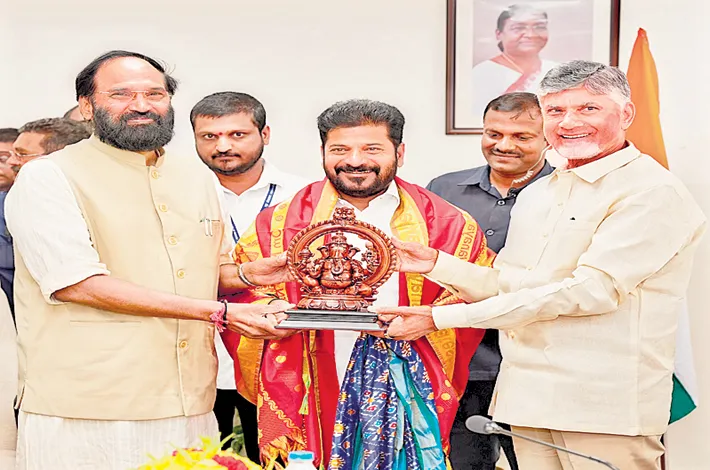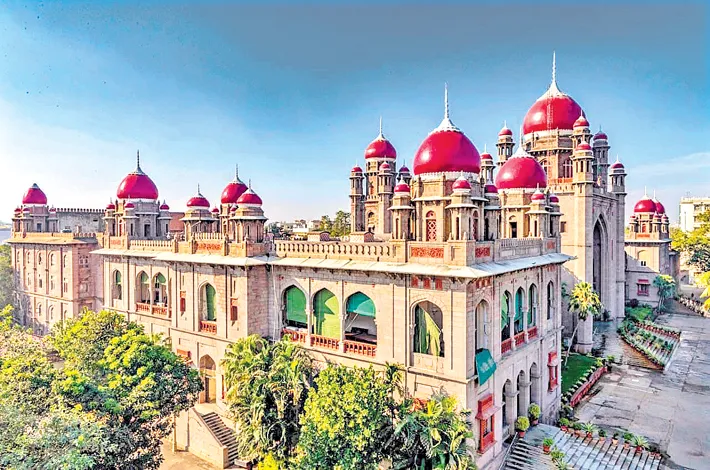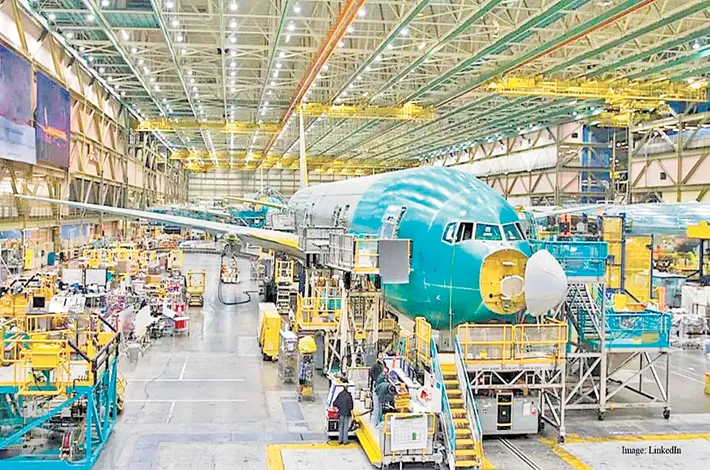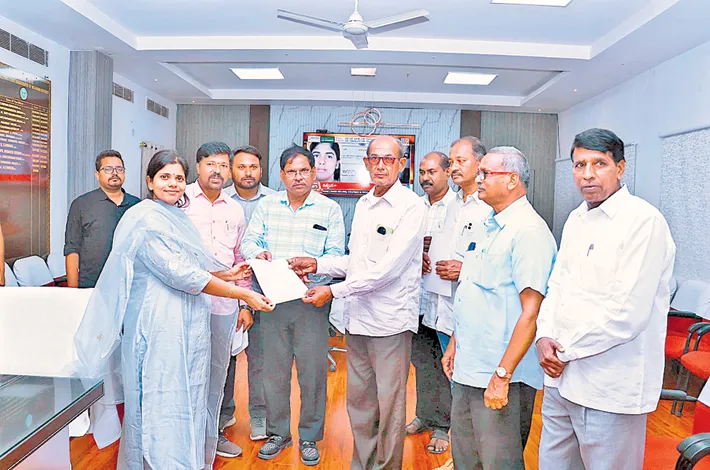Rare earths and a hidden cold war over Myanmar’s civil war
11-07-2025 12:00:00 AM

It’s time India reviewed its policies vis-à-vis Myanmar and the Arakan corridor. It can’t allow superpowers to shape the future of its backyard
Just across the border from India’s sensitive northeast, an intense civil war has been raging for the past three years in Myanmar, between the majority Bamar-dominated military Junta and disparate ethnic rebel groups, with the covert involvement of China as well as Western intelligence agencies. However, what few realise is that at the core of the battle is a conflict over control of precious rare earth resources. For the past few months, the Kachin Independence Army (KIA) has intensified its campaign against Myanmar’s ruling Junta in a protracted battle for control of Bhamo, a garrison town less than 100 kilometres from the Chinese border.
The KIA, which has links with three other rebel armies, the Arakan Army (AA), the Myanmar National Democratic Alliance Army (MNDAA), and the Ta’ang National Liberation Army (TNLA), managed to disrupt the global supply of heavy rare earth elements, such as dysprosium and terbium, by expanding into hitherto Tatmadaw Junta held territory in Northern Kachin state, near the Chinee border. Bhamo is at the heart of the Northern Kachin state, and mines nearby account for nearly half of global heavy rare earth production meant for electric vehicles, wind turbines, and other strategic technologies.
These raw materials are extracted from the KIA-held mines and exported across the border to China, which maintains a near-monopoly on rare earth processing. But Beijing, wary of instability near its periphery and determined to protect its supply chains, has reportedly threatened to suspend imports from the KIA-controlled areas unless the group halts its offensive against the Myanmar Junta in Bhamo.
The move underscores how Myanmar’s internal conflict is reverberating through global markets and how China is seeking to shape its outcome. While China is using its discretion in rationing rare earth supplies to the rest of the world, the conflict in Myanmar is now threatening its own supply lines.
China’s reliance on rare earth imports from Myanmar—particularly for heavy rare earths not found in abundance within its own territory—has placed Beijing in a strategic bind. While it has backed the Junta diplomatically and economically, Beijing now faces a rebel force controlling the very materials it needs to sustain its industrial dominance. With the KIA imposing its own regulatory regime and taxation structure, supplies have tightened and prices have surged, exposing the fragility of global green and tech supply chains.
For the KIA, the control over rare earths offers not only financial lifeblood but also political legitimacy and negotiating power. The group’s ability to finance its operations independently of both foreign sponsors and the central government reshapes the balance of power in Myanmar’s fractured polity.
However, China, with its overwhelming military might in the region and control over the supply of weapons to both the Myanmar Junta and the rebel groups (which buy arms from Chinese dealers), has the upper hand. This is where the concept of an “Arakan corridor”, from Bangladesh’s Chittagong port to Myanmar’s Rakhine state, becomes a key part of the global strategic jigsaw puzzle.
The corridor, which will use existing roadways that are being upgraded and the deep-sea port at Chittagong whose control has now been taken over by the Bangladesh navy, will be able to send forth both food and medicines for the rebel-controlled areas as well as arms, if the need arises, according to analysts.
Bangladesh’s ordinary populace and even its army are uncomfortable joining the regional conflict as proxy players. However, the Mohammad Yunus-led interim government seems keen on playing a cameo as a conduit, perhaps with hopes that this will endear it to global powers, allowing it to continue in office longer than earlier hoped.
Myanmar generals have long been accusing Western intelligence agencies of fuelling the rebellion by both the pro-democracy forces in ethnic Bamar areas and the ethnic armies in minority-dominated northern territories like Rakhine, Chin and Kachin. If their belief is indeed true, then Myanmar’s war has become the focal point for a global cold war where China is ranged on one side and the West on the other!
How this hot “cold war” will play out is something which only time will be able to reveal. However, it is time that India reappraised its own policies vis-à-vis Myanmar and the Arakan corridor. India cannot allow superpowers to shape the future of its backyard and stay aloof.
New Delhi possibly needs to take a leaf from China’s playbook. It should continue to cultivate the Myanmar Junta even as it strengthens ties with the four rebel armies which are proving successful. After all, according to credible accounts, at least 40 per cent of Myanmar’s land area is now controlled by these rebel groups, which have managed to set up civil administrations of their own and can no longer be dismissed as a rag-tag bunch.
Some of them have unofficial liaison offices in neighbouring countries. India’s northeastern ethnicities have much in common with the ethnic groups in northern Myanmar, who are a natural conduit for New Delhi to establish ties with the rebel governments. For instance, the Shingpo people, who live in upper Assam and Arunachal Pradesh, have ethnic ties with the Kachin.
One easy and humanitarian way of helping the ethnic groups facing the onslaught of the Myanmar army is to open the border for those needing medical assistance. Hospitals in Assam, Arunachal Pradesh and Mizoram can be strengthened, and patients from these war-torn areas can be allowed to come in for treatment.
Similarly, food and clothing, including winter wear, could be given to war-displaced people struggling to rebuild their lives in northern Myanmar. At the same time, West Bengal’s hospitals could be opened for medical patients from Bamar areas of Myanmar, and food and other supplies they require could be shipped from the Kolkata port.
Such acts would go a long way in cementing the people-to-people relationship and creating a font of goodwill on both sides of the ethnic divide in Myanmar. Goodwill hunting and rare earth supplies can follow, but first India has to shed its cautious and hesitant approach and show its generous spirit and good neighbourly feelings towards the various tribes and people of Myanmar.








